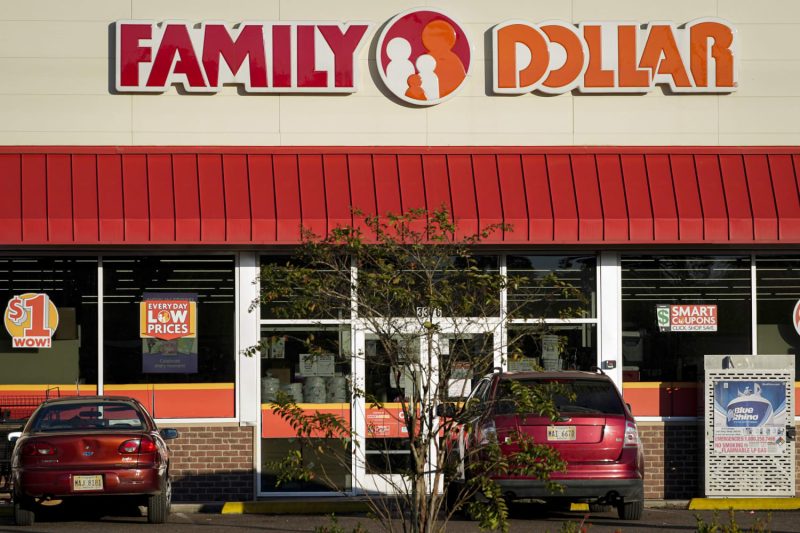As part of sweeping changes being implemented across the chain, Family Dollar has recently announced that they will be closing nearly 1,000 of their stores. A recognizable staple in small-town markets and urban neighborhoods alike, Family Dollar has long been a reliable source of budget-friendly items for households across the United States. The scheduled closures mean that many loyal customers will need to find new shopping solutions in their area.
Family Dollar, which has been a subsidiary of Dollar Tree since 2015, has experienced trouble maintaining steady profits over the years. The store closures, as a part of Dollar Tree’s restructuring, are an attempt to mitigate these financial troubles and improve profitability. Out of Family Dollar’s 8,200 stores, nearly 400 stores will be rebranded as Dollar Tree, and almost 1,000 stores are scheduled to be shuttered completely.
Despite these closures, the Family Dollar brand is not fading from the retail landscape entirely. The restructuring plan includes extensive renovations for the remaining Family Dollar stores, with heavily emphasized plans to sell alcohol and expand freezer and cooler sections. The transformation is designed to give Family Dollar a necessary refresh while hoping to provide new, appealing options for shoppers.
The closures may raise concerns for both employees and customers. However, Dollar Tree officials have assured that they are planning the closures with the consideration of current employees and are working on strategies which include transferring jobs where feasible. Customers, on the other hand, will need to seek alternative budget-friendly retail options in their areas, a shift that could potentially boost activity for competitors.
The impact of the closures will likely fluctuate regionally. In areas where Family Dollar has provided a significant portion of the local retail market, communities may struggle to find alternative options, particularly in rural areas where other small-scale, budget-friendly retail options may be scarce. However, in more competitive and urban markets, the migration of customers to alternative chains might have less of an impact.
It’s not uncommon for corporations to implement restructuring efforts when navigating economic turbulence. Family Dollar’s planned closures are ultimately a tactic to preserve the longevity of the brand and, by association, the greatest number of jobs and services that the brand can offer. By restructuring existing stores and investing in their future, Family Dollar and Dollar Tree indicate an intention to maintain their presence in the retail sector despite the challenges they face.
At the end of the day, these changes signify the dynamic and often challenging nature of conducting business in the retail sector, particularly in the context of the rising competition from online retailers and changing consumer preferences. Only time will tell whether Family Dollar’s bold move will pay off and help solidify their presence in the adversely changing retail landscape, and how local economies will adapt to the loss (and evolution) of this long-standing institution.




